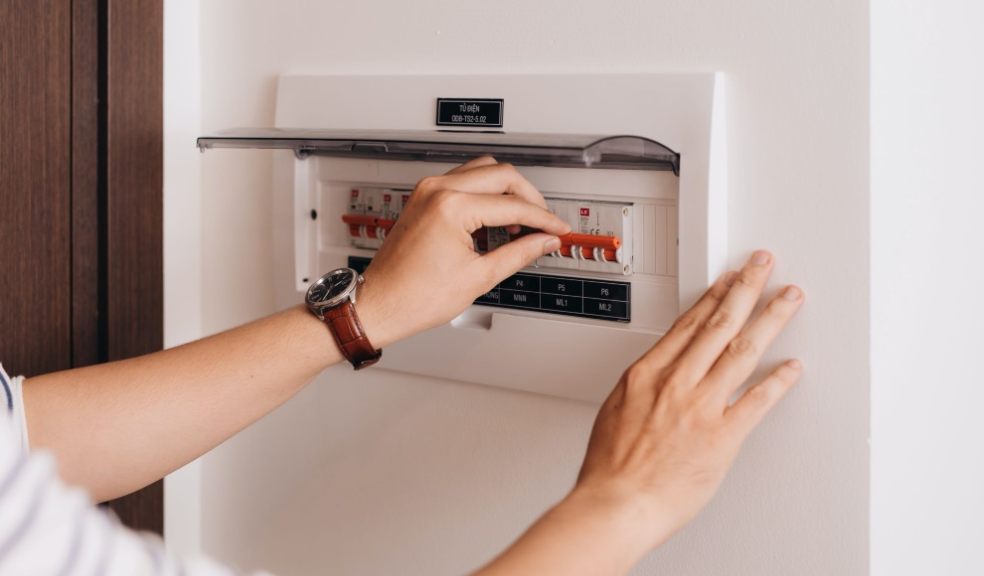
Electrical Safety at Home: 7 Things Every Homeowner Should Know
Imagine overloading a socket with too many devices or discovering frayed wires hidden behind furniture. These situations pose electrical dangers, putting your home and family at risk. Accidents or fires sometimes result in costly damage to your property.
As a homeowner, ensuring your family's safety is your responsibility. Learn to spot warning signs and maintain your home's electrical system in top condition. This way, you can reduce the risk of accidents and keep your family safe.
That's where this compact guide comes in. You'll explore critical information to help you prevent electrical hazards and reduce repair costs. Read on to discover valuable tips for creating a safer home for you and your family:
- Using And Maintaining Appliances Safely
Electrical appliances are useful but potentially hazardous if not used correctly. To ensure safety, always consult the user manual for the proper way to use and maintain appliances. You can also visit the manufacturer's website or ask a skilled electrician, like The Local Electrician, for additional insights.
Additionally, remember to unplug appliances when not in use and check their cords for damage. If you spot any damaged cords, replace them immediately to avoid danger. By carefully using and maintaining your appliances, you'll reduce the risk of accidents and make your home safer. You can feel at ease knowing your appliances are unplugged and free from electrical fire risks.
- Ensuring Extension Cord And Power Strip Safety
Did you know that misusing extension cords and power strips can be dangerous? To ensure your safety, follow these simple guidelines:
- Avoid connecting cords or power strips, which can cause circuit overloads and fires.
- Use surge protectors to safeguard your appliances from voltage spikes.
- To minimize accidents, keep cords away from heat sources, water, and busy areas.
- Always examine cords for wear or damage before using them and replace them when necessary.
Adopting these practices helps you avoid costly repairs and replacements and ensures your home remains safe and secure.
- Addressing Overloaded Circuits
Overloaded circuits can lead to electrical fires. To prevent them, consider these tips:
- Know the total amperage by listing all circuit devices and comparing them to their capacity. Then, spread high-amperage devices and distribute usage patterns to prevent overloading.
- Avoid using multiple high-wattage appliances together, as it strains the circuit.
- Seek help from a licensed electrician if a circuit breaker trips often to resolve the issue.
Being aware of the signs and causes of overloaded circuits keeps your home safe. For instance, if your circuit breaker trips when using your microwave and toaster oven simultaneously, use them at different times to prevent electrical hazards.
- Identifying Damaged Electrical Outlets
Damaged outlets and switches can pose severe risks like fires and electric shocks. To ensure a safe home, follow these steps to find and fix problems:
- Keep an eye out for cracked or broken covers, discolouration, or scorch marks.
- Use a plug-in tester or a multi-metre to ensure the outlets are working correctly and safely.
- Call an electrician if an outlet or switch feels warm or smells like burning.
By staying alert and maintaining your outlets and switches, you can keep your home safe and avoid potential hazards.
- Preventing Electrocution With GFCI
Ground Fault Circuit Interrupters (GFCIs) are vital for protecting against electric shocks. To maximize their effectiveness, follow these guidelines:
- Install GFCIs Near Water: Place them in areas like bathrooms and kitchens where water is nearby.
- Check GFCIs Every Month: Press the "test" button and ensure the power is cut off to ensure they are working correctly.
- Ask An Expert Electrician for Help: If a GFCI won't reset or trips often, seek professional advice.
Using GFCIs in your home can significantly reduce the risk of electric shocks. For example, having a GFCI near your bathroom sink makes you feel safer when you’re using gadgets like hairdryers. Protect yourself and your family from electrocution by staying alert and making your home safer.
- Choosing The Correct Wattage For Light Bulbs
Picking the correct wattage for light bulbs and fixtures is crucial in preventing overheating and possible fires, thereby making your home safe. By doing this, you not only protect your property but also help the environment.
To do this, always check the maximum wattage rating on your fixtures and make sure you don't exceed it. This habit increases safety and reduces accident risks.
If you need clarification on the correct wattage, opt for LED bulbs. They emit less heat than incandescent or halogen bulbs, making them a safer and more energy-saving choice.
7. Implementing Regular Electrical Inspections By Professionals
To maintain your home's electrical safety, a licensed professional must schedule regular checks. Here are some key points to consider:
- Choose A Reliable Technician: Read online reviews and check their qualifications to ensure they'll do well.
- Set Up Regular Inspections: Book them every three years or if you notice any issues. A skilled expert will provide a thorough report.
- Fix Problems Quickly: Address any issues found during the check to avoid further damage or risks. Acting fast keeps your home safe and saves money on repairs.
Besides safety, inspections ensure your home meets the standards. For example, an inspector might find old wiring that could cause a fire. By fixing the problem, you prevent danger and keep your home secure.
Final Thoughts
As a homeowner, creating a safe home is essential for your family's well-being. So, focus on potential electrical risks. Then, consider following these tips and staying alert to protect your property from hazards.
In addition, consider sharing this information with your family so everyone is aware of the precautions to take. Remember, a safe home starts with being watchful about electrical safety and sharing this knowledge with your loved ones.













